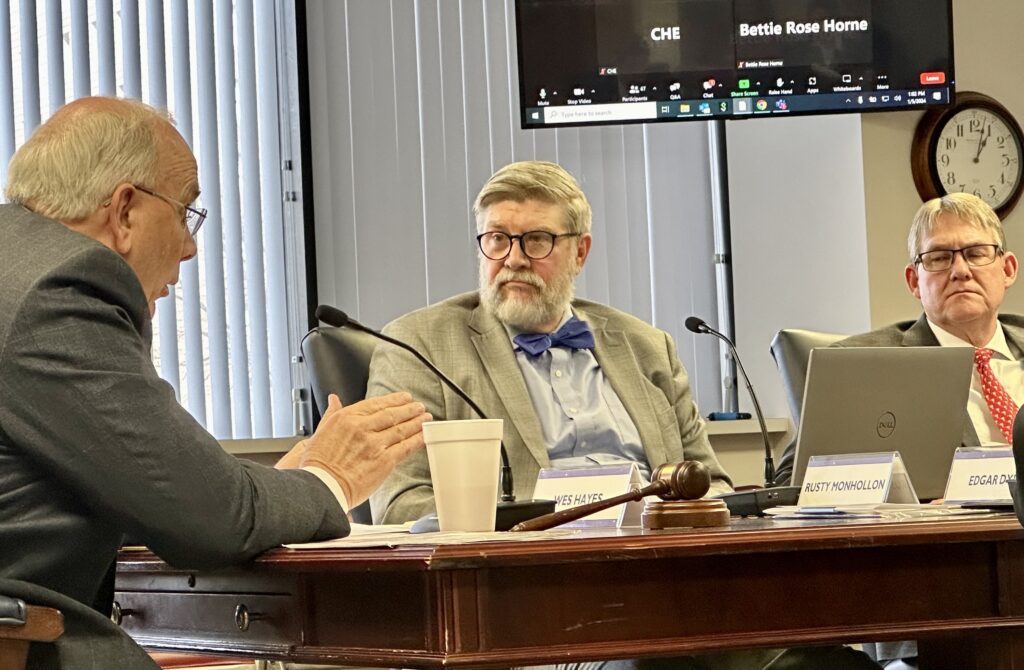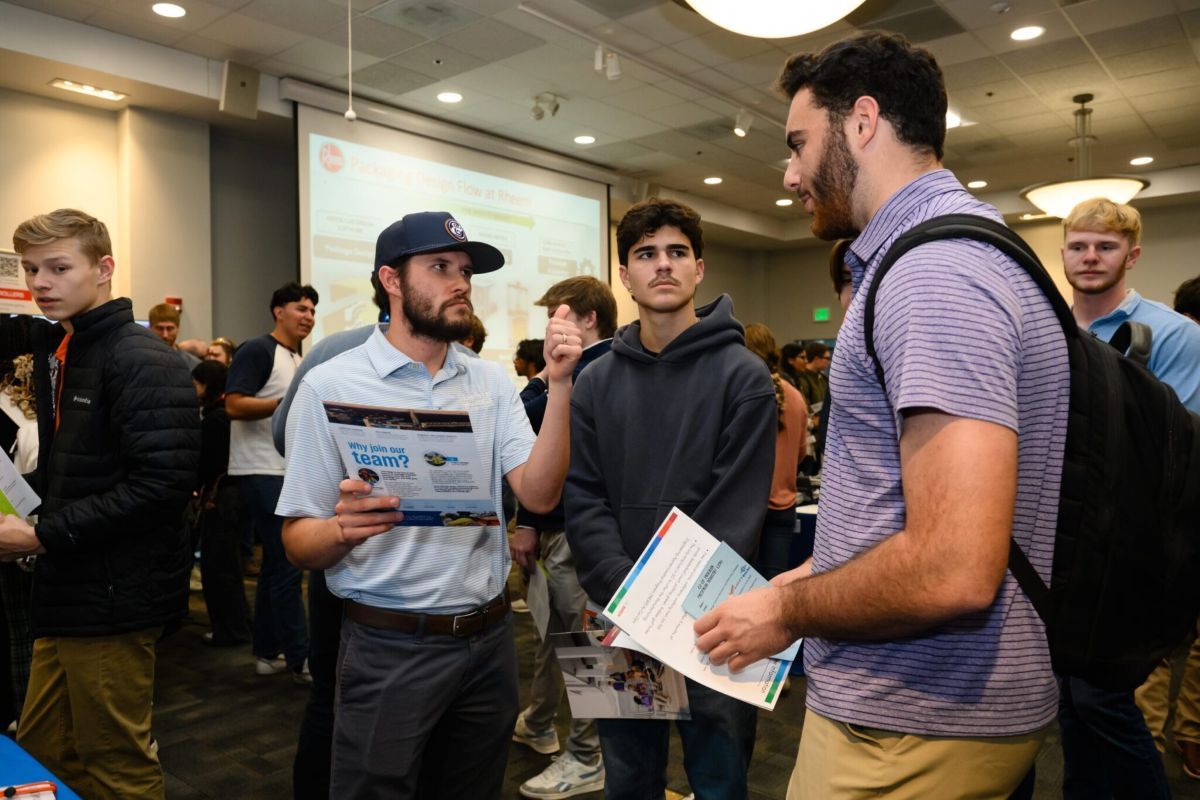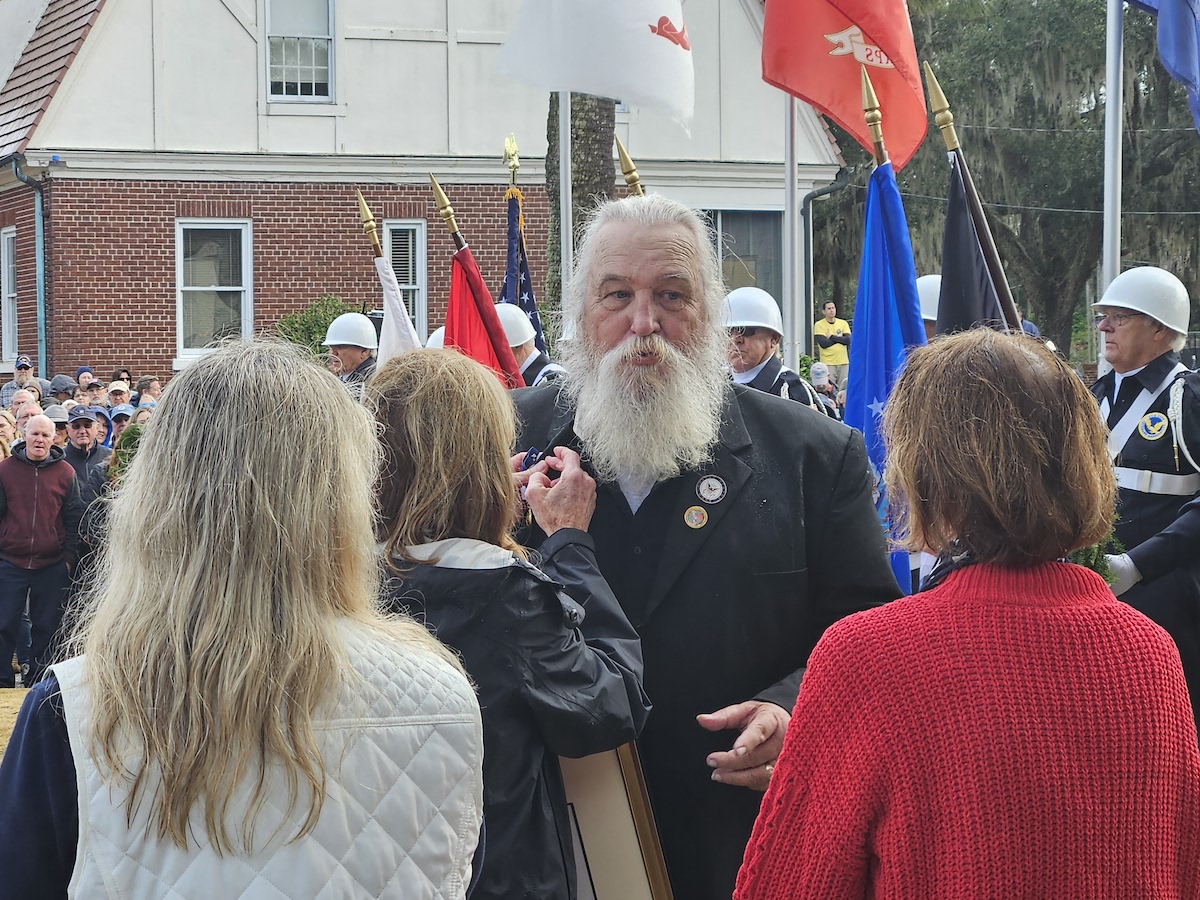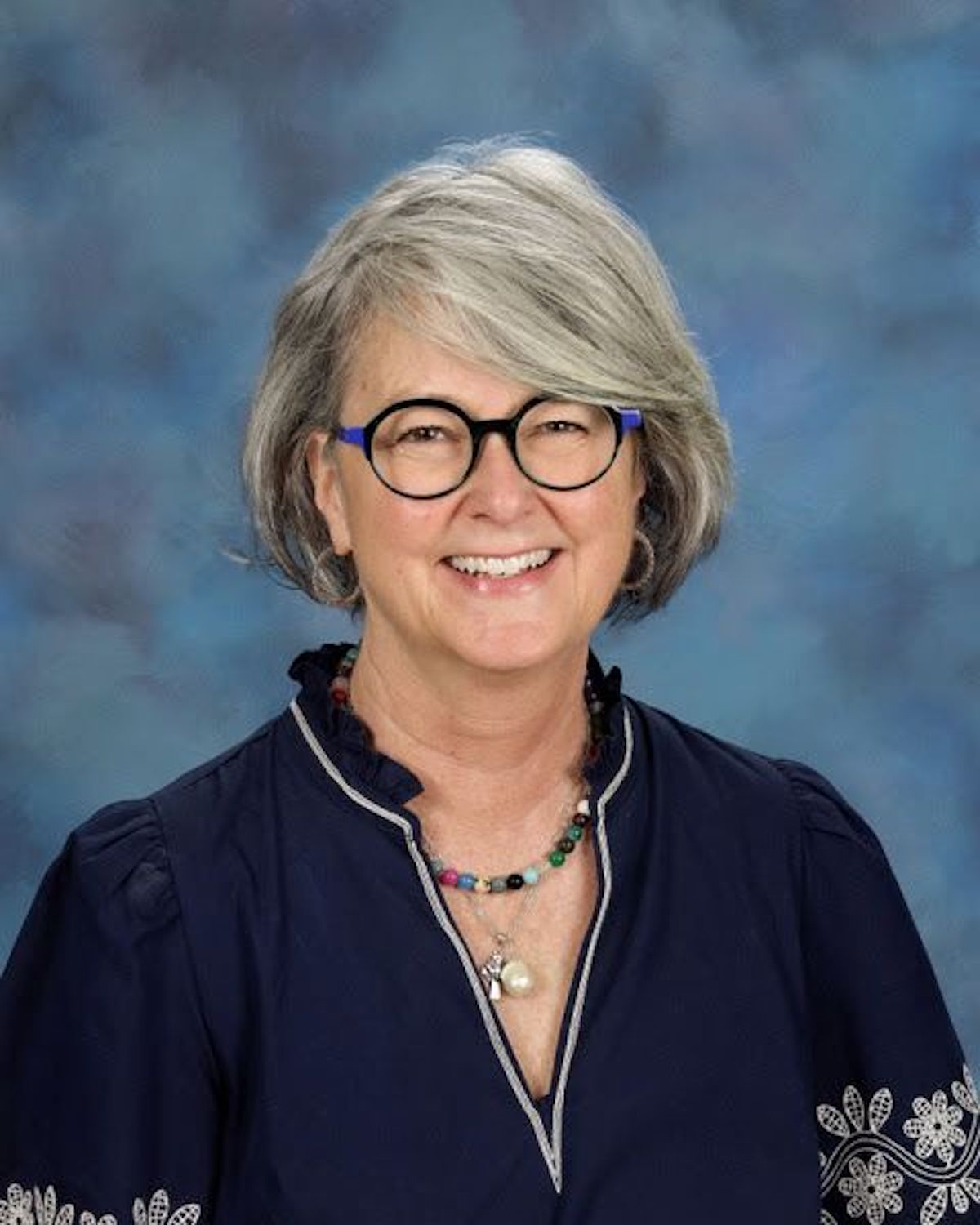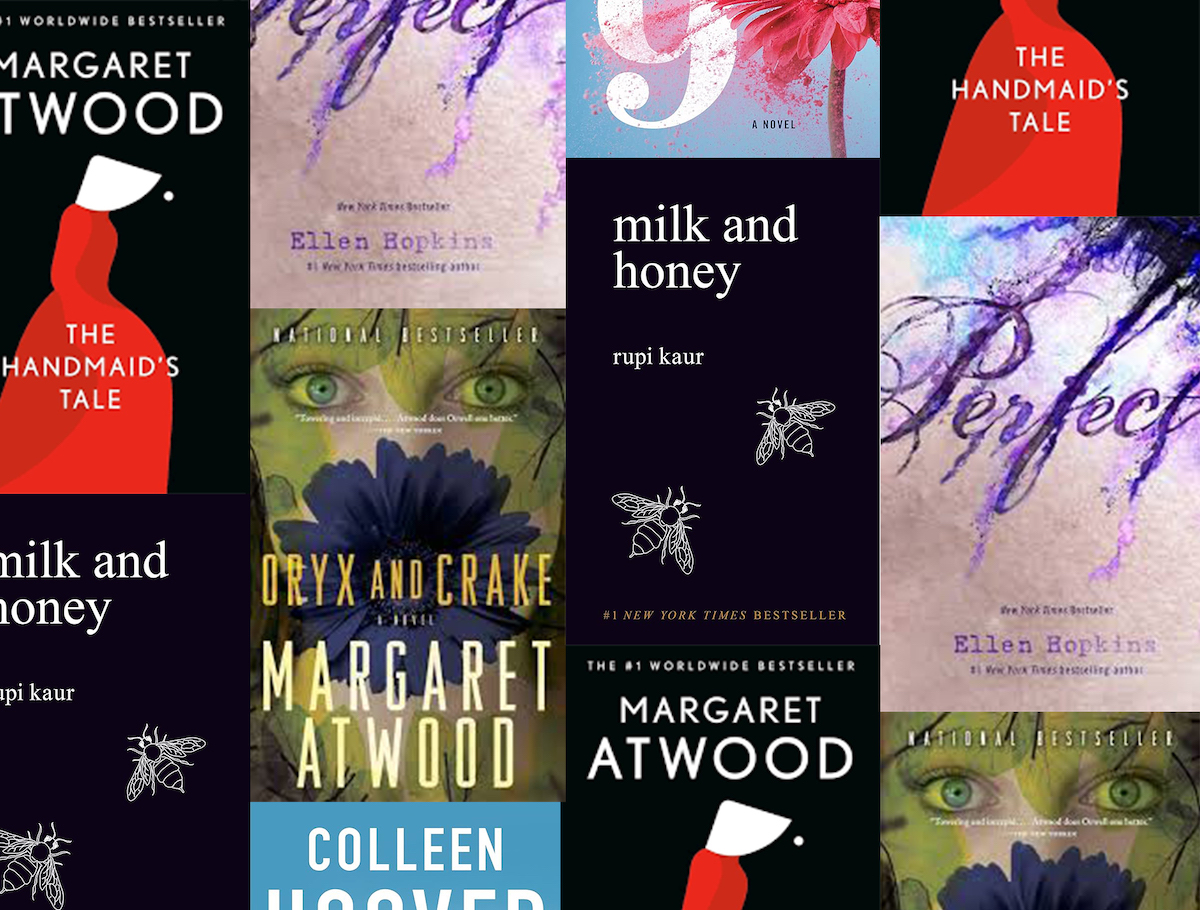By Jessica Holdman
SCDailyGazette.com
COLUMBIA – Potential ways to spend $152 million in unused lottery profits include degree-finishing programs for adults, tuition help for high schoolers taking college classes, and training for in-demand jobs, according to the state agency that doles out South Carolina’s lottery-backed scholarships.
Legislators chastised leadership at the state Higher Education Commission after an audit released last month by the state’s inspector general found the agency allowed unspent lottery profits intended for college scholarships to pile up over six years.
In the wake of the report, the House’s education committee asked the agency for recommendations on spending those excess funds. Commissioners discussed possibilities Friday ahead of the legislative session that resumes next week.
The unspent money was slated mostly for the state’s three merit-based scholarships — HOPE, LIFE and Palmetto Fellows — awarded to eligible South Carolina students who go to college within the state. Awards range from $2,800 for students’ freshman year only to $10,000 yearly for students pursuing math and science degrees. Criteria include at least a 3.0 grade point average for HOPE and LIFE scholarships and 3.5 GPA for Palmetto Fellows.
Voters approved the lottery in 2000 as a way to fund college scholarships and make a degree affordable for South Carolina students, who can put it toward costs at the private or public college of their choice.
The inspector general’s report angered several on the legislative panel who said the money could have been spent in other ways.
“Frankly, your report to us upsets me and I think it probably upsets a lot of people,” said Rep. Tim McGinnis, R-Myrtle Beach, who chaired the committee.
While the money sat untouched, no eligible student was denied scholarship funding, the agency’s director, Rusty Monhollon, emphasized.
“Every student that was eligible for a lottery scholarship received the lottery scholarship,” he said.
The error was in predicting how much was needed to fully cover the state’s three largest scholarship programs for eligible students. The agency has since adjusted its prediction methods, Monhollon said.
Scholarship awards peaked in 2021 at $302 million, the Inspector General’s report said. Instead of continuing to rise, scholarship totals have declined but the commission kept asking for money as if nothing had changed.
Now it’s up to state lawmakers to decide what to do with the funds.
For his part, Gov. Henry McMaster in his budget proposal suggested spending $100 million of the surplus, keeping the rest in the account as a cushion.
His proposal breaks down to $30 million for the state technical college system to cover the cost of equipment used in training for high-demand jobs; $70 million would go toward a combination of scholarship aid for university degrees: Spending more on scholarships for poor students, allowing merit-based scholarships to fund a ninth semester — currently, they’re limited to eight — or providing tuition aid specifically for summer or Maymester classes.
The agency’s suggestions also include funding to in-demand degree programs at the state’s technical and four-year colleges, but not for one-time equipment purchases.
It instead suggests aid for high school students taking college courses; funding for a program known as Reconnect SC, which caters to residents who have some college education but did not finish a degree; and raising the size of merit and needs-based scholarships, which haven’t increased since 2007.
Other ideas batted around by members of Commission on Higher Education’s governing board included allowing students who complete a degree in less than four years to apply any remaining scholarship dollars to a graduate degree and expanding financial aid for those attending two-year colleges.
Jessica Holdman writes about the economy, workforce and higher education. Before joining the SC Daily Gazette, she was a business reporter for The Post and Courier.

